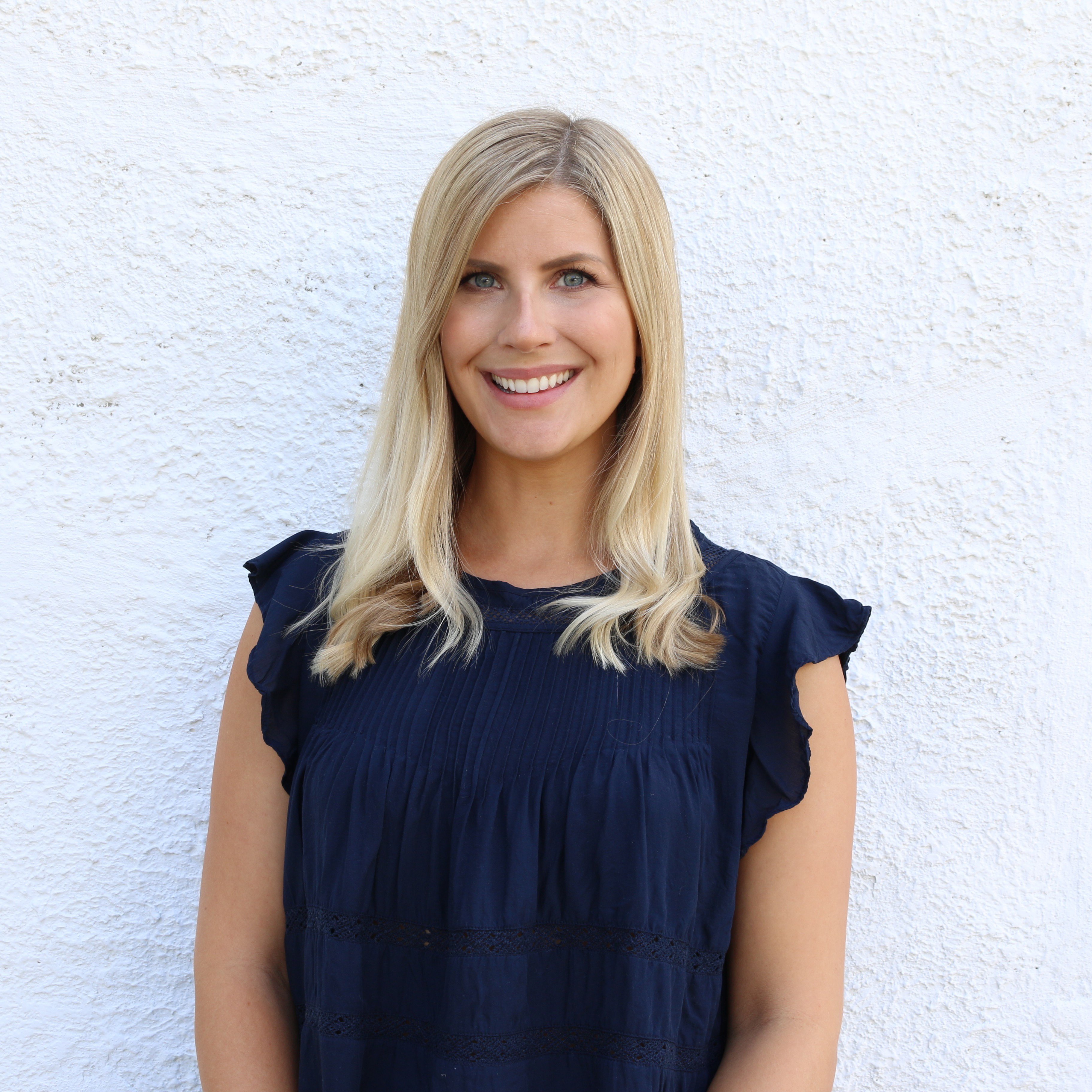What is homeownership counseling?
I am far from the first person to point out that school taught us several fairly useless things and very few practical ones. I learned that Rome fell in 476 C.E., but did I learn how to do my taxes? I learned that mitochondria is the powerhouse of the cell, but did I learn about how credit scores work? My teacher also told me I needed to know math because I wouldn’t have a calculator in my pocket at all times—what do they tell kids now?
While knowing world history and basic cell function might help you ace the occasional “Jeopardy!” question (and it really is handy to know basic math, for things like splitting the brunch bill), it would’ve been nice to have learned more about something like homeownership. For something known as the "American Dream," well, we sure aren’t taught much about it in school.
Fortunately, you can feel more confident in buying and maintaining a home with the help of homeownership counseling, also known as housing counseling. This breaks down further into two types: federal homeownership counseling through the Department of Housing and Urban Development and private homeownership counseling.
In a nutshell, you may be required to receive free federal homeownership counseling if you’ve fallen behind on payments. However, if you’re simply interested in learning more about homeownership, you can pay to receive private homeownership counseling.
What is federally backed homeownership counseling?
Way back in 1968, the Department of Housing and Urban Development (also known as HUD) wanted to make sure that anyone owning a home had access to a certified housing counselor if they were considered at risk of falling behind on mortgage payments, or if they were already delinquent in their payments. Recently celebrating its 50th year, the HUD Housing Counseling Program has helped Americans become more literate and confident homeowners.
Homeownership counseling goes over several factors of the homebuying process, including the decision to purchase a home, how to select the right home for you and how to make the purchase. Once you own a home, you can still benefit from other facets of homeownership counseling, thanks to topics like home maintenance, financial management, financing and refinancing, mortgage default or delinquency, foreclosure, and selling your home.
How much does it cost?
Unlike that brunch you’re trying to split among friends, homeownership counseling through the Department of Housing and Urban Development is free. Yes, completely free. HUD offers a Housing Counseling Program with certified housing counselors in your area, no matter where you live. Check out this informational poster to learn more.
How do I find a free, certified housing counselor?
The HUD website is a helpful tool, particularly this page; it lets you click on your state to find a certified counselor in your area. Depending on your personal situation, you can also use similar search tools to find a foreclosure avoidance agent.
Why didn’t I know about the HUD Housing Counseling Program?
If your lender hasn’t contacted you through mail or phone about homeownership or housing counseling, that’s largely a good thing. Consider yourself an A+ student of homeownership! Federally backed housing counseling is designed to help people who a lender deems at risk of falling behind or who are already falling behind on their mortgage payments.
If I’m in good standing with my mortgage, am I eligible for HUD homeownership counseling?
No. Since homeownership counseling prioritizes at-risk individuals and those who are already having trouble making payments, the service isn’t designed for people who are up-to-date on their mortgage payments. However, you can definitely sign up for a private homeownership counseling course.
Tell me more about private homeownership counseling.
One of the best ones I’ve come across is Framework Online Homebuyer Course. Since it’s entirely an online course, you can take it at your own speed and on your own schedule. The Framework course costs $75 and covers a breadth of important topics, such as knowing how much you can afford, how to improve your credit score, how to choose a real estate agent, the steps of the closing process, and more.
Framework allows users to register in English or Spanish and includes access to worksheets, guides, checklists, and more. Framework also includes great customer service, and a monthly newsletter once you’ve completed your course to help you stay on track. No, I’m not getting paid to sell Framework—I just think it’s an affordable, preventative-minded alternative to HUD counseling, and I love how its web-based platform works for anyone’s schedule.
Clearpoint is another web-based service offering homeownership counseling. Their prices are slightly cheaper than Framework too. The course tailored to first-time homebuyers provides six hours of online content for just $25. They also have a traditional homeownership counseling online course that lasts two hours and costs $50.
If you’re looking for a HUD-compliant counseling program, you might consider Alliance Credit Counseling. This particular course includes thoughtful topics such as how to find out about schools in the area you’re looking in to purchase a home, and how to find community and local resources like maps and welcome kits. Because of topics like these, Alliance is a great option for someone with a family or someone preparing for a long-distance move. The HUD-approved course from Alliance costs $65.
Also, I might be a bit biased here, but you can also browse our Homebuyers Guide and the rest of our blog for information on many of these same topics.
In a process fraught with unexpected costs, it might feel pointless or stressful to sign up for private homeownership counseling. However, you’ll save money and stress in the long run once you have a full, comprehensive picture of how to be a responsible homeowner.

